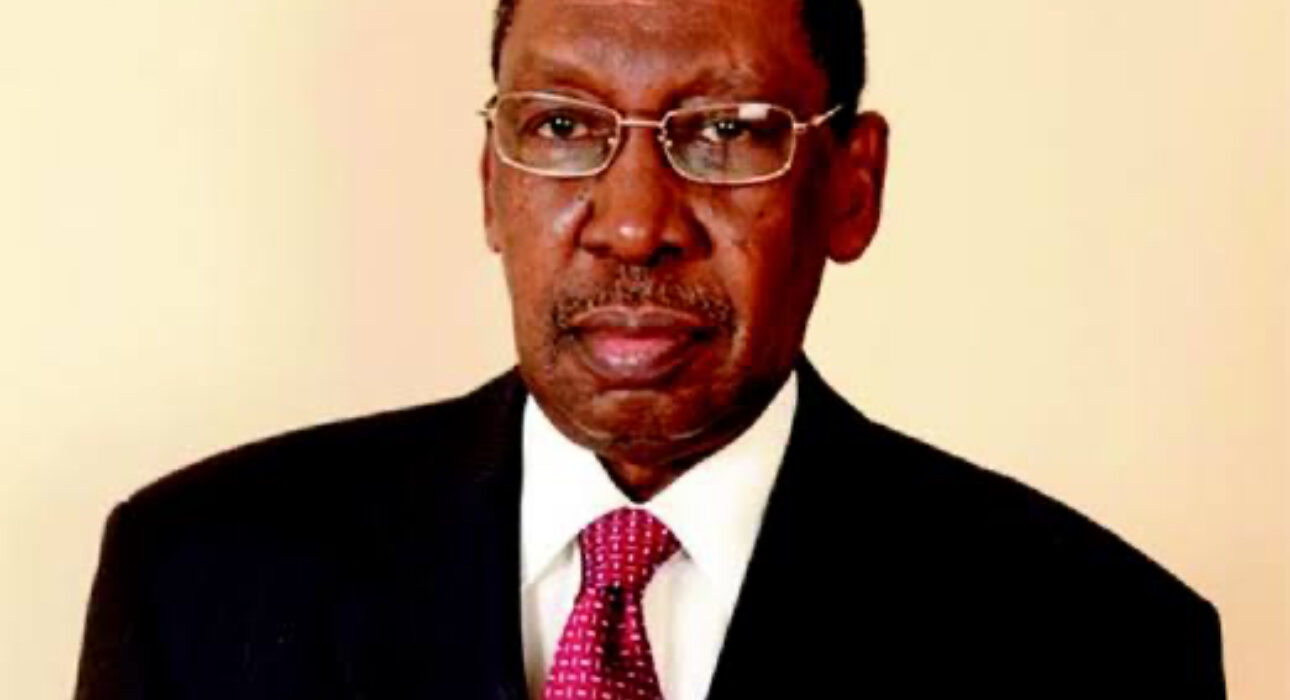Justice Mohammed Lawal Uwais: A Towering Judicial Legacy Passes On

Nigeria’s legal community and the broader public are mourning the death of Justice Mohammed Lawal Uwais, a former Chief Justice of Nigeria (CJN) and one of the most revered figures in the nation’s judicial history.
Uwais passed away on Thursday, June 6, at the age of 88, leaving behind a legacy defined by his commitment to the rule of law, judicial reform, and electoral integrity.
News of his passing was confirmed by Kayode Ajulo, the Attorney General of Ondo State, who described Uwais as “a beacon of integrity” and “a judicial titan who shaped Nigeria’s democratic and legal systems.”
Born in Zaria, Kaduna State, Uwais began his legal career with a quiet but determined passion for justice.
He was appointed to the Supreme Court of Nigeria in 1979 at the age of 43, a testament to his extraordinary intellect and jurisprudential acumen. He served on the bench for over 26 years, including a distinguished tenure as Chief Justice from 1995 to 2006, making him the second-longest-serving CJN in Nigerian history.
During his time as CJN, Uwais was lauded for strengthening judicial independence, enforcing discipline within the judiciary, and guiding landmark constitutional and electoral decisions.
Under his leadership, the judiciary gained increased public confidence, culminating in the Nigerian public voting the judiciary as “Man of the Year” in 2006.
Even after retirement, Justice Uwais remained a central figure in shaping Nigeria’s democratic institutions. In 2007, then-President Umaru Musa Yar’Adua appointed him to lead the Presidential Electoral Reform Committee in the aftermath of widely disputed elections.
The committee’s 2008 report was groundbreaking. It recommended:
• Establishment of an independent electoral commission insulated from political interference
• Adoption of electronic voting and result transmission systems
• Improved voter registration processes and stricter penalties for electoral fraud
Though not all recommendations were adopted, the Uwais Report remains a cornerstone of electoral reform discourse in Nigeria and continues to guide advocacy for credible elections.
Tributes have poured in from across the legal, political, and academic communities.
Prof. Chidi Odinkalu, human rights lawyer and former chairman of the National Human Rights Commission, described Uwais as a personal mentor:
“He was my birthday mate and a mentor of rare decency. He believed in the power of the law to uplift society. His passing is a profound personal and national loss.”
Attorney General Kayode Ajulo echoed this sentiment:
“Justice Uwais guided the judiciary with grace, wisdom, and unwavering principle. His tenure fundamentally transformed our legal system. His role in pushing for electoral reform was instrumental to our democratic journey.”
Justice Uwais is survived by his family, colleagues, and a nation that benefited from his vision of justice. He will be remembered not only as a jurist, but as a statesman whose impact extended beyond the courtroom into the very structure of Nigeria’s democracy.
His death marks the end of an era, but his influence lives on in every decision made by the judiciary he helped shape—and in every ballot cast in pursuit of a fairer, freer Nigeria.








